What is depression? Depression isn’t simply “feeling down”. It’s a medical illness that requires medical treatment. A loss of a job, relationship, home or sense of belonging, depression can affect us all at different parts of our lives, whether we have it all or nothing. This article will explain what depression is, how to treat it, and how to cope with it.
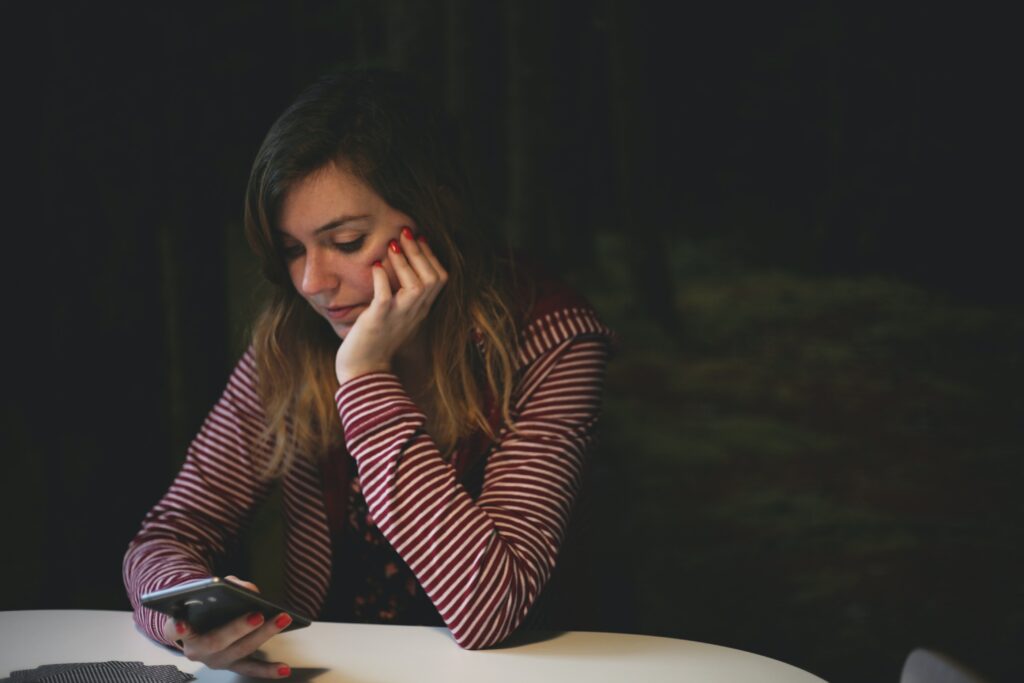
1) Depression can appear in our lives at anytime, anywhere.
The National Institute of Mental Health defines depression like this:
National Institute of Mental Health
- A period of at least two weeks when a person experienced a depressed mood or loss of interest or pleasure in daily activities, and had a majority of specified symptoms, such as problems with sleep, eating, energy, concentration, or self-worth.
We can do everything in our power to control our lives. We can control things like having a financial planner to manage finances, buying our own house to maintain our environment or choosing who we hang around with. We can choose jobs that will help us achieve our career goals. All these things we can control; however, we can not control the ‘suddenly’s’ in our life.
The accidents, the unexpected moments, the reactions of other people and the choices of those around us can leave us suddenly in a world of hurt we did not expect. So it doesn’t matter how much you and I choose to control; there will always be an uncontrollable percentage or part of our life.
It’s the unexpected and sudden horrible moments in our lives that can leave us in a word of hurt and emotional pain including depression.
Do not be afraid of depression but accept it as a regular part of life and those around you. It can happen to anyone at any time. When we get the help we need for depression, it doesn’t have to ruin our lives. We can see it for what it is and move towards healing and recovery.
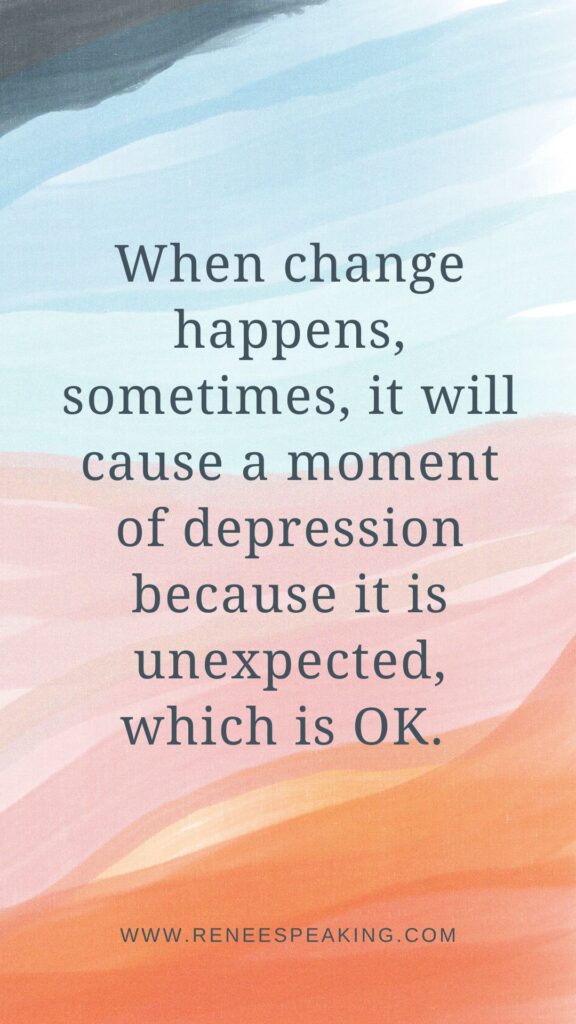
2) What does depression looks and feel like?
Depression can come in many forms and look different to everyone. The happiest person in your network could be the most depressed.
The most confident person could also be depressed, and those around you that are withdrawn may also be depressed. A depressed person may be young or old, rich or poor, an extrovert or an introvert.
Major depression may make you feel as though work, school, relationships, and other aspects of your life have been derailed or put on hold indefinitely. You feel constantly sad or burdened, or you lose interest in all activities, even those you previously enjoyed.
Harvard Health
Depression can look different due to the various personalities and lifestyles of people.
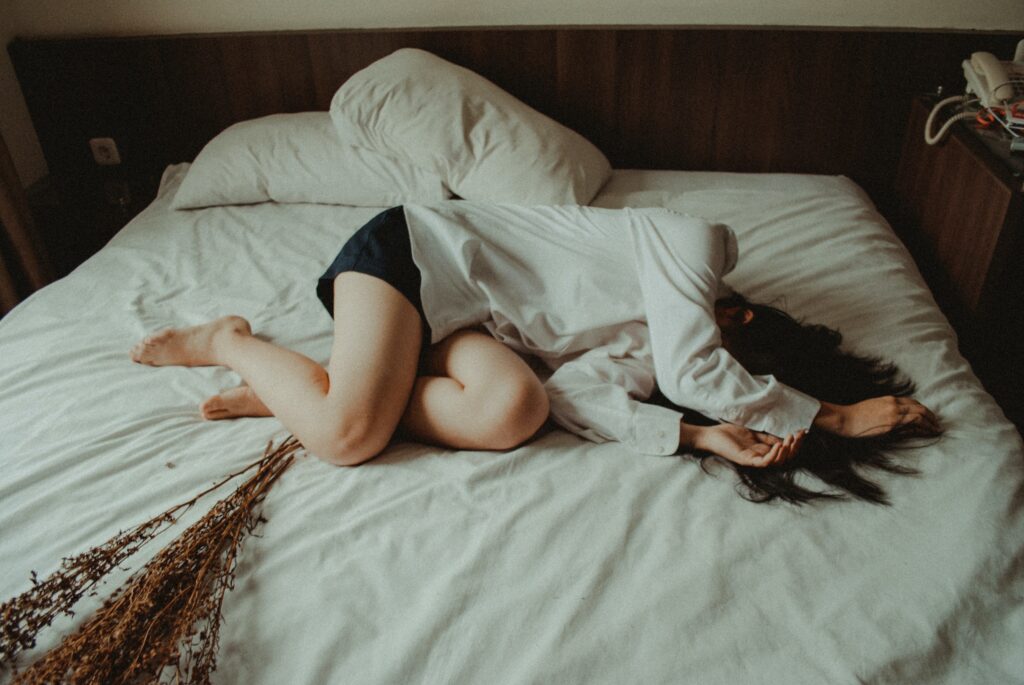
Still, some common traits generally help you understand what depression looks and feels like. Here are some…
- A person may feel like getting out of bed is very difficult.
- Not finding pleasure in things once you enjoyed.
- Being withdrawn from family and friends.
- Not wanting to participate in daily activities.
- Engaging in risky behaviour and activities.
- Not wanting to give attention to their own appearance or hygiene.
- Only seeing the negative things in situations rather than looking for the positive.
- Over-reacting or under-reacting.
- Not caring about life in general.
- Feeling worthless.
- Feel like there is no hope for the future.
- Feeling less than competent in life in general.
- Finding it difficult to do activities that are part of a daily routine, like taking a shower, brushing teeth or cooking dinner.
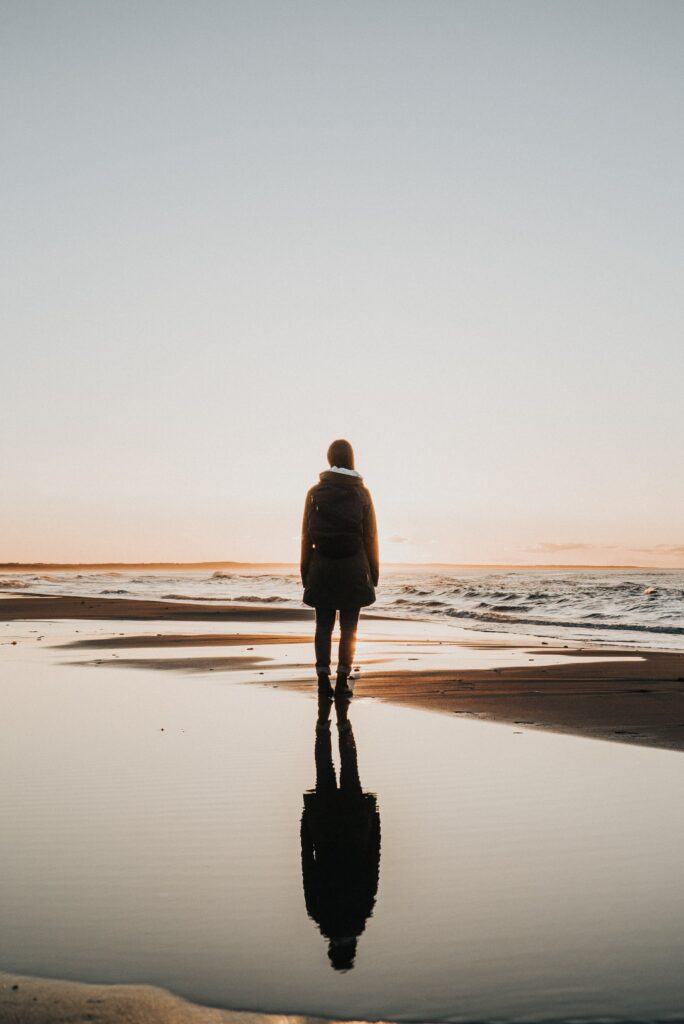
3) People who are depressed may be high functioning.
Depression can look different for everyone. Some people may find it difficult to hold a job or focus on tasks at work. In contrast, other people who are depressed can be overachievers in the workplace.
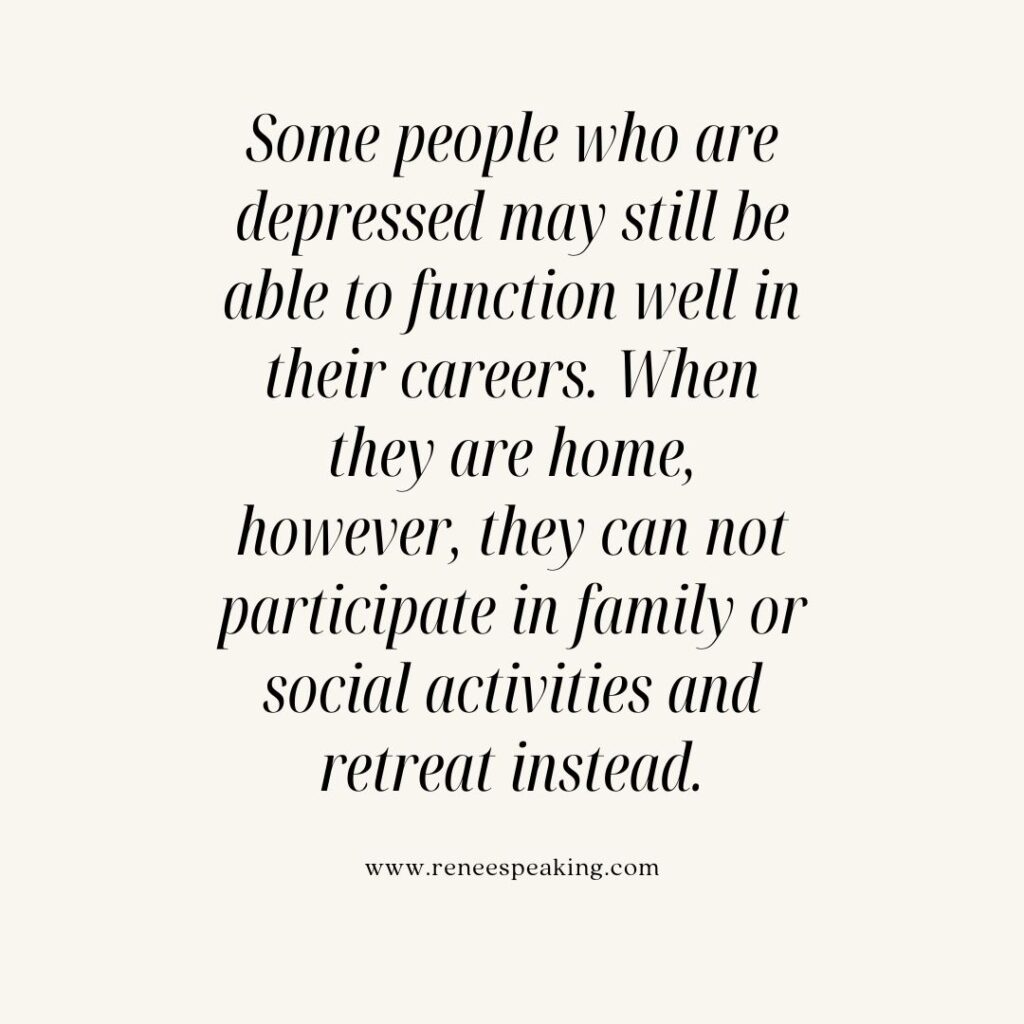
You and I mustn’t judge anyone for being depressed. This is especially true for anyone who is high functioning as may be embarrassed to learn that they are depressed. The more we judge someone’s behaviour, the more we hinder someone from receiving the treatment and healing they need. Suppose a depressed person does not receive treatment. In that case, they can very quickly spiral out of control which may result in suicidal thoughts or attempts.
Everyone deserves to be respected and shown dignity, whether depressed or not. It is not something that the individual needs to be afraid of, and it is undoubtedly not something that the person’s friends and family need to avoid or be afraid of. Do not let what you don’t understand hold you back from helping someone heal.
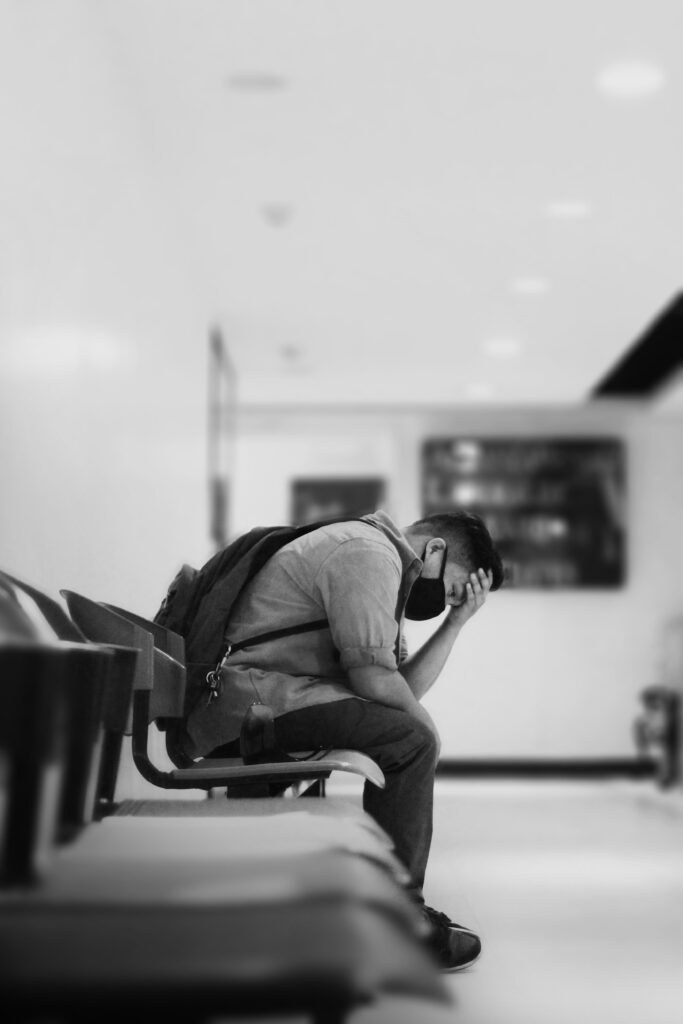
4) Unhealthy ways of responding to depression.
When people know they are depressed but are afraid of getting help, they may indulge in risky behaviours. These things may give them some temporary relief from the pain of depression; however, they will not aid in recovery or healing.
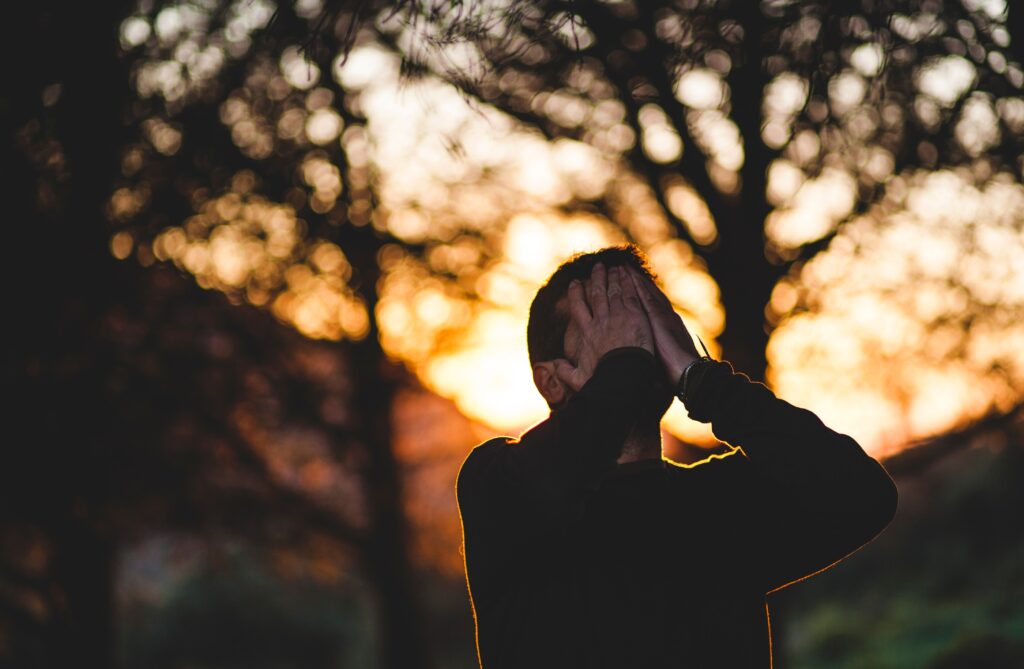
Some ways to respond to depression that are unhealthy may include:
- Excessive consumption of alcohol or other drugs.
- Being overreactive or under reactive.
- Engaging in harmful and risky behaviours and activities.
- Careless and excessive sex with multiple partners.
- Shutting off from the world and becoming reclusive.
- Yelling, screaming and putting other people down.
- Engaging in criminal behaviour.
- Being careless of their actions and not considering the consequences of these actions.
- Over-eating or under-eating.
- Going on spending and shopping sprees when they can not afford to do so.
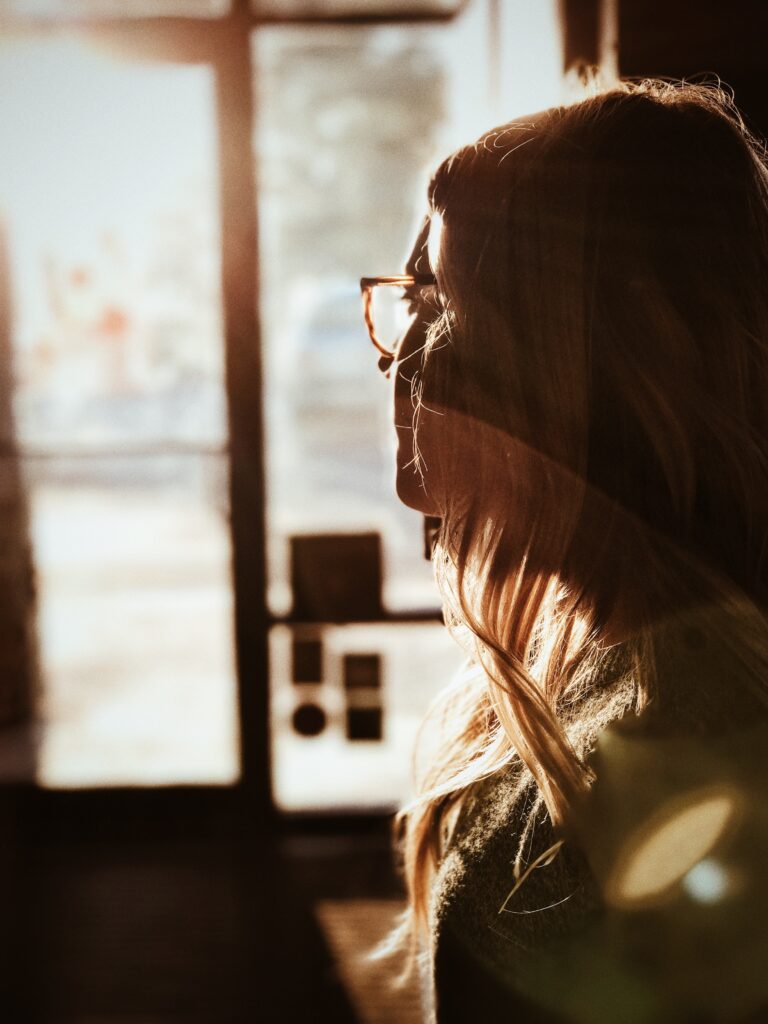
5) How to respond to depression in a healthy way.
There are many unhealthy ways of dealing with depression, but there are a lot of healthy habits too.
If you or someone you know is depressed, encourage yourself or your loved one to do the following. All of these may not be able to be done together at once, so why not just start with something you can suggest that they do straight away. Then you can add other things from the list below when the time is right.
Here are some ideas to respond to depression healthily:
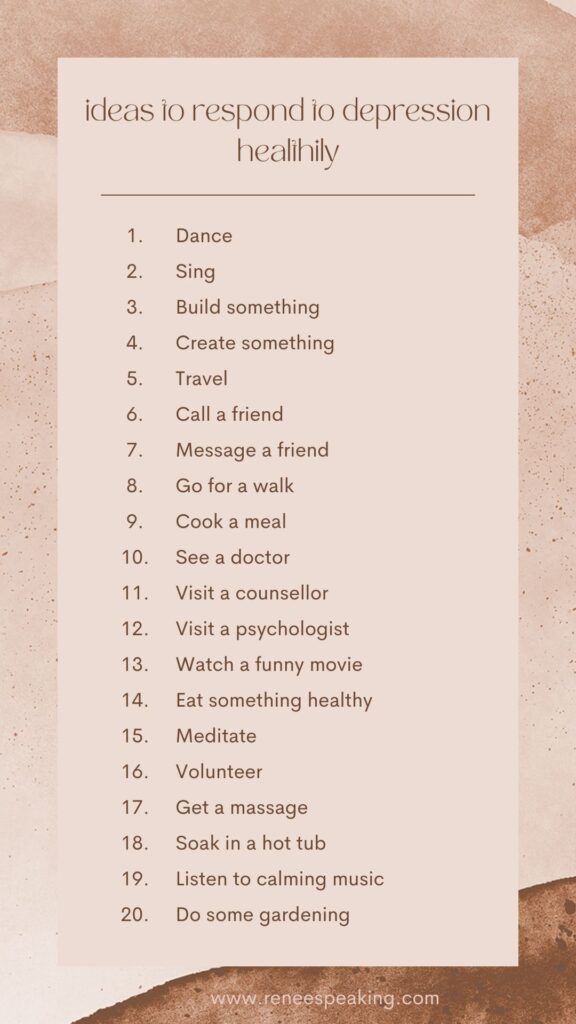
There are many ways that you can help heal from depression. Every little bit helps and the list above is just a small list to get you started on your goal to heal or help someone else heal. Remember it is OK to be depressed however in my opinion NOT OK to avoid it and not take responsibility for doing something about it.
A healthy way to deal with depression is to have a support system of good quality friends as family who you trust. The Australian Bureau of Statistics talks about the importance of connecting with others:
Australian Bureau of Statistics
The connections people make through relationships, places and social activities can build a safety net for their physical and mental health. Healthy connections with family, friends, partners and co-workers are known to lower levels of anxiety and depression.
In 2020-21:
Australian Bureau of Statistics
- 94.2% of people aged 16-85 years did activities with family or friends in the last four weeks
- 93.7% rated their ability to get support from family and friends when they needed it as good, very good or excellent
- 86.9% had a good, very good or excellent sense of being part of a group or community.
There are a lot of reasons for depression, and as described it’s not always easy to treat. However, there are treatments available, so don’t be afraid to seek professional help.
Don’t let depression ruin your life. If you ever feel that you’re not getting better, seek help from a trained professional.

The best Amazon finds to help you restore your mental health all for under $100.

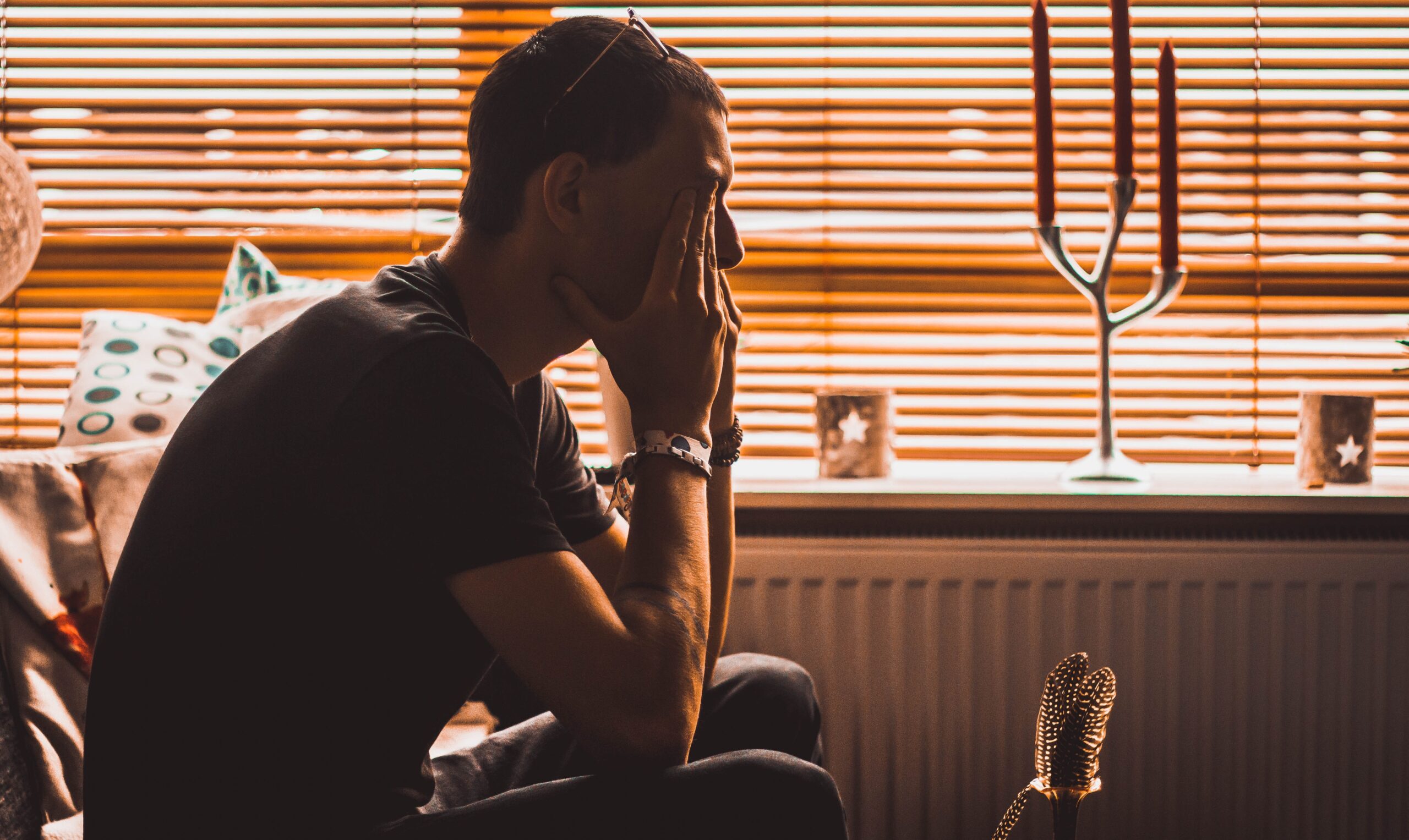
3 responses to “Depression: What It Is, How To Treat It & How To Cope”
[…] RELATED POSTS: depression-what-it-is-how-to-treat-it-how-to-cope/ […]
[…] Depression: What It Is, How To Treat It & How To Cope […]
[…] Overcoming Anxiety Attacks: Tips for Relief 11 Self-Care Ideas For Boosting Your Mental Health Depression: What It Is, How To Treat It & How To Cope […]